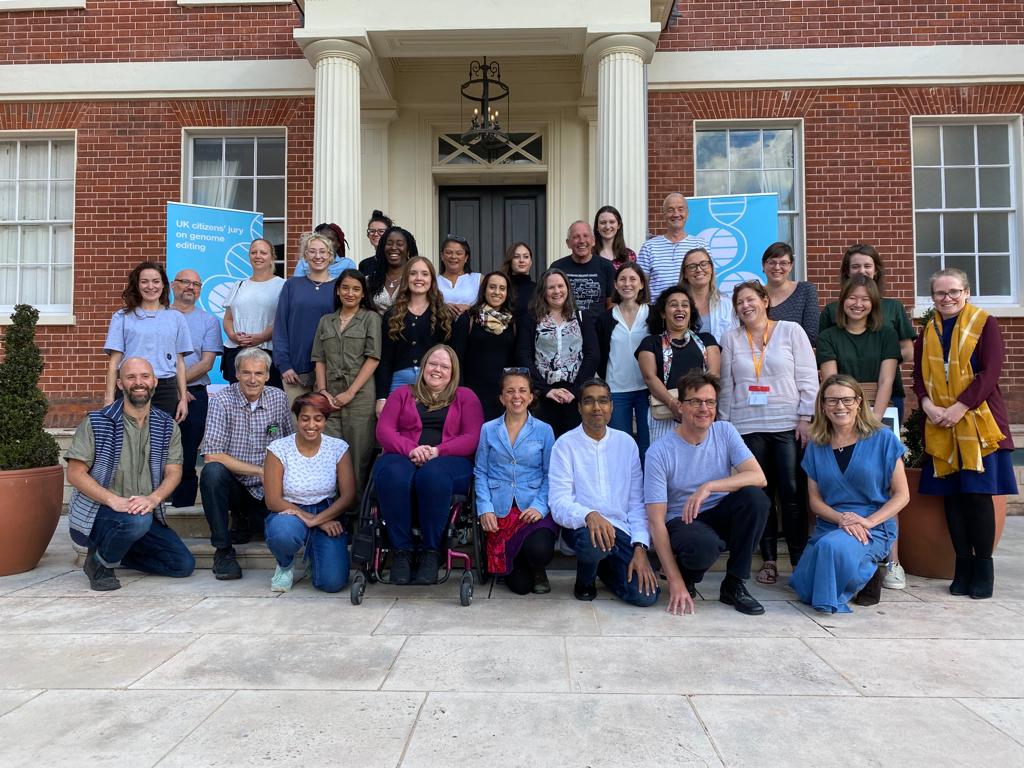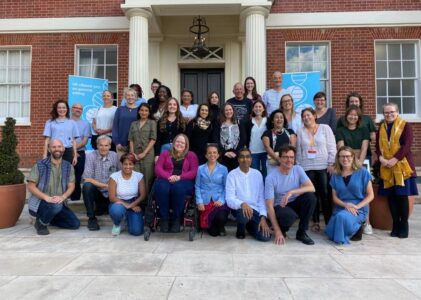Scientists can now edit the code of life (the genome) with relative ease and precision. However, the idea of permanently changing the human genome in future generations generates strong opinions. In the UK, as in most countries worldwide, it is illegal to perform genome editing on embryos that lead to pregnancy.
Whilst the editing process is not currently 100% accurate, scientists predict that it soon will be. This means that public audiences should be brought into the conversation now about the application of the technology so that policy makers can take account of societal perspectives when discussing the legislation. Being able to change the DNA of human embryos has been hailed as a game changer for potentially curing some hereditary genetic disorders from all future generations in a family. However, for cultural, religious, or ethical reasons, some feel the manipulation of human embryos is a step too far for society.
Families with a known genetic disorder already have the option to use genetic testing to try and have children who are unaffected by the disease. But these technologies don’t work for everyone.
THE CITIZENS JURY
For a week in September 2022, 21 people with personal experience of genetic disease travelled from across the UK to the Wellcome Genome Campus near Cambridge to sit as members of the UK Citizens’ Jury on Genome Editing. The Kavli Centre was a partner on this project, led by Wellcome Connecting Science.
A citizens jury typically involves a period of intense learning from experts, focused deliberations, voting on an ethical question and the writing of policy recommendations – and that is exactly what they did here. The citizens jury deliberated over 4 days on the following question:
Are there any circumstances under which a UK Government should consider changing the law to allow intentional genome editing of human embryos for serious genetic conditions?
The aim was to provide an insight into the perspectives of a group of patients with inherited genetic conditions on what they think about the benefits, risks and wider harms emerging from the application of embryo genome editing. The jury members were selected to broadly reflect the demographic make-up of patients who are eligible to use genomic medicine services and genetic counselling in the NHS.Their recommendations support policy makers, researchers and wider civil society to better understand informed public perspectives.
For more information, visit the project website at Wellcome Connecting Science.


